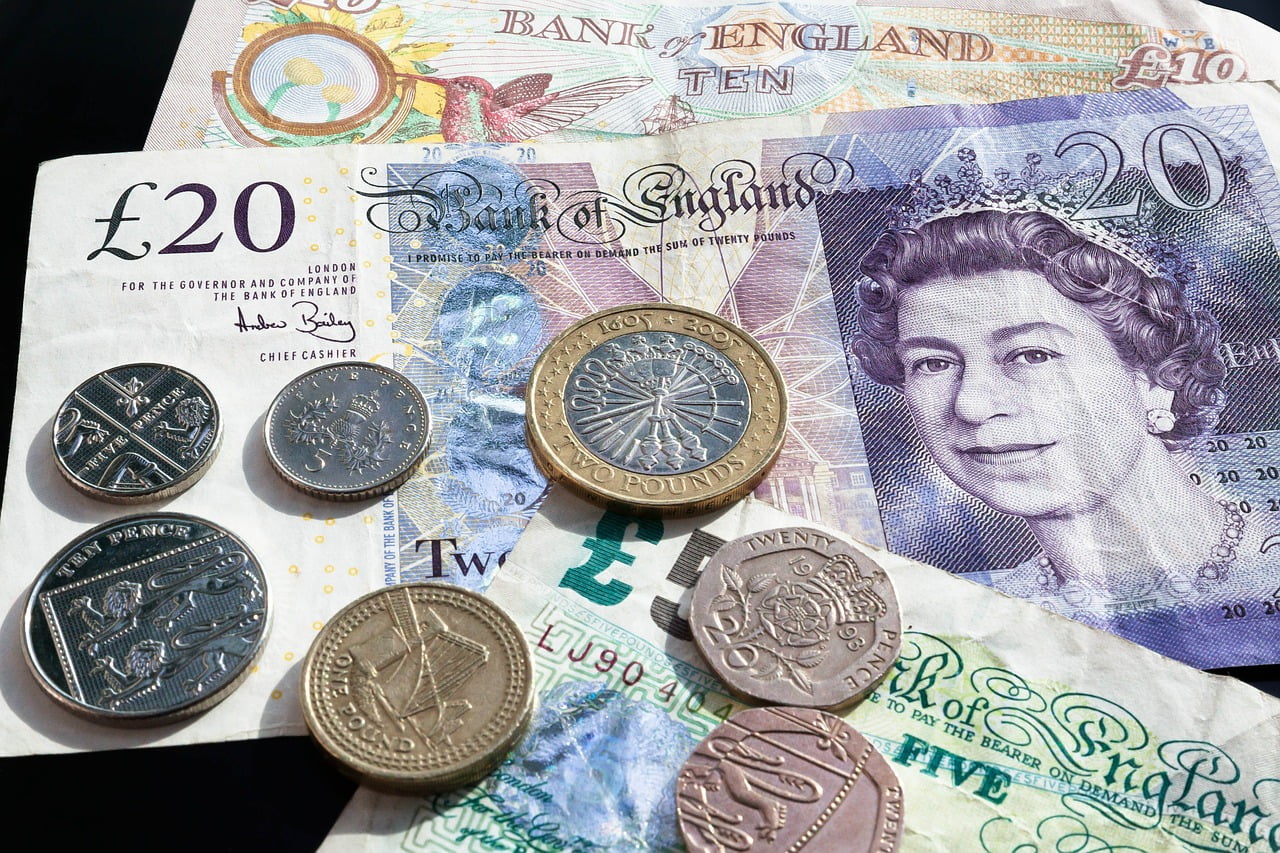Following the release of UK chancellor Kwasi Kwarteng’s so-called mini-budget, the pound crashed to an all-time intraday low of $1.0379 against the dollar on 26 September. Since then, the term ‘shorting the pound’ has been in the headlines.
The mini-budget has been described by many financial commentators and politicians as a reckless gamble — prior to the announcement the pound had been at $1.12. Hedge funds have looked to take advantage of the weakness in the currency by betting that it will fall.
Q3 2022 hedge fund letters, conferences and more
Find A Qualified Financial Advisor
Finding a qualified financial advisor doesn't have to be hard. SmartAsset's free tool matches you with up to 3 fiduciary financial advisors in your area in 5 minutes.
Each advisor has been vetted by SmartAsset and is held to a fiduciary standard to act in your best interests.
If you're ready to be matched with local advisors that can help you achieve your financial goals, get started now.
One of the biggest fund managers to do this has been Odey Asset Management. Its founder, Crispin Odey, told the Financial Times a few days after the mini-budget announcement that his flagship European hedge fund had gained 145% year-to-date as a result of his short positions. The return was 193% by the end of the month.
The fact that hedge funds have been raking in huge profits shouldn’t come as a surprise. Prior to the mini-budget, “the mood around the pound was already fragile after another record low for consumer confidence” due to a lack of detail surrounding the energy price bailout, commented Michael Hewson, chief market analyst at derivatives broker CMC Markets.
It was looking like the clarity provided on the energy price cap might help to improve consumer confidence in October, and with it the value of the currency, but if the recent “rout is any guide that might be wishful thinking,” Hewson added.
Near-Term Appetite For Shorting The Pound
The pound’s value may have since returned to its pre-mini-budget level — sterling has climbed around 6% since the all-time low to $1.10 on 12 October — but forex markets have remained in flux.
Kwarteng’s U-turn on the 45p tax rate cut is perhaps designed to improve the public perception of the government’s economic agenda, although this could ultimately backfire. The UK’s confidence in the government already appears low and this cut may only support the pound’s value in the short term.
There will likely be more gyrations in the value of the pound as a result, rewarding those investors who decide to short the currency. It should be pointed out that the strategy of shorting is not without its risks though.
In the near-term, the Bank of England’s next policy move will have a big say on which way the pound swings. Typically, fiscal measures like the mini-budget can lead to tighter monetary policies, which can strengthen currencies.
However, with the economy already feeling the heat from the energy crisis, the central bank is expected to be cautious about tightening its policy too much and won’t be able to fan the flames from the impact of the mini-budget completely.
Sterling Underperformance Forecasted To Persist
According to Hewson, “sterling could continue to depreciate – even to the point of posting a new record low against the US dollar – and for a longer period of time if policy is to continue in this direction”.
For investors interested in opportunities to short the pound, an important date for the diary is 3 November when the Bank of England will next meet.
Though the central bank decided against an emergency rate increase in response to the mini-budget, it has already hinted that it intends to go big. Some traders have been pricing in a 100bps hike that would lift the base rate to 3.25%.
Neither a softer nor more aggressive rate hike is out of the question. Whatever the decision the Bank of England takes, however, there will be some traders in the market who will react negatively. The downbeat sentiment could create further weakness, which would lead to further opportunities to short the pound.






